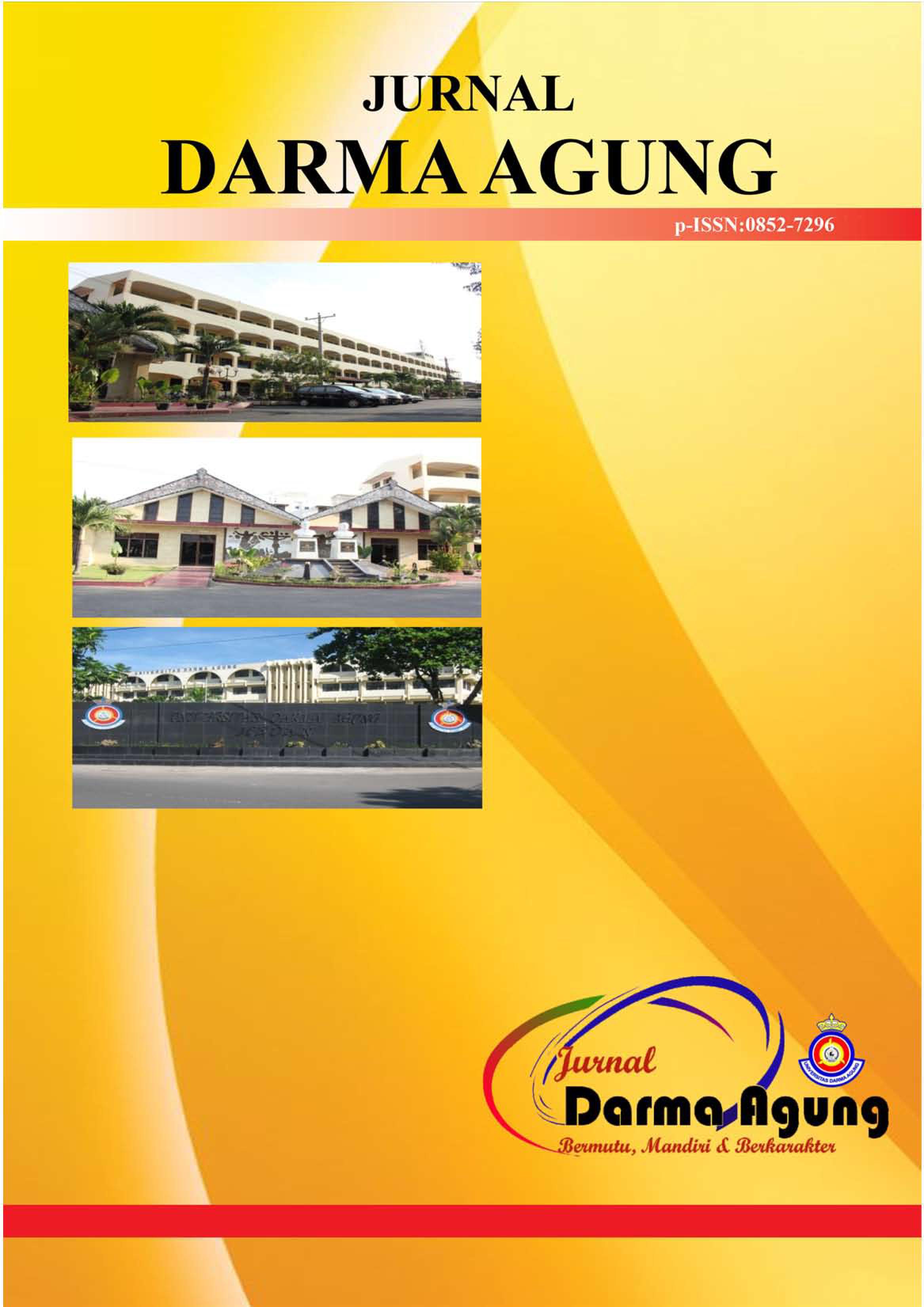EFEK PEMBERIAN NPK DAN BIOTRENT SAWIT TERHADAP PERTUMBUHAN BIBIT KELAPA SAWIT
Abstract
Oil palm is a mayor commodity crop in Indonesia. This study aims to analyze the effects of NPK fertilizer and Biotrent Sawit liquid organic fertilizer on the growth of oil palm seedlings in a pre-nursery. The research was conducted on Jalan Biola No. 17 Medan, from April to July 2024. A factorial Completely Randomized Design (CRD) was used, with two factors: the first being NPK fertilizer (Phonska) at three levels-P0 = control, P1 = 1.5 g/seedling, and P2 = 3.0 g/seedling; the second factor was the liquid organic fertilizer Biotrent Sawit, applied at three levels-B1 = 1 cc/seedling, B2 = 2 cc/seedling, and B3 = 3 cc/seedling. The variables observed included seedling height, number of leaves, leaf length, leaf width, leaf area, and root volume. The results showed that the NPK (Phonska) fertilizer and Biotrent Sawit liquid organic fertilizer treatments had significant effects on Seedling Height, Leaf Length, Leaf Width, Leaf Area, and Root Volume. However, Treatment had no significant effect on the Number of Leaves in oil palm seedlings. Until the end of the observation period, there was no significant interaction between NPK (Phonska) and Biotrent Sawit liquid organic fertilizer. Generally, higher doses of NPK (Phonska) and Biotrent Sawit liquid organic fertilizer enhanced the growth of oil palm seedlings.

This work is licensed under a Creative Commons Attribution-NonCommercial-NoDerivatives 4.0 International License.
An author who publishes in the Jurnal Darma Agung agrees to the following terms:
- Author retains the copyright and grants the journal the right of first publication of the work simultaneously licensed under the Creative Commons Attribution-ShareAlike 4.0 License that allows others to share the work with an acknowledgement of the work's authorship and initial publication in this journal
- Author is able to enter into separate, additional contractual arrangements for the non-exclusive distribution of the journal's published version of the work (e.g., post it to an institutional repository or publish it in a book) with the acknowledgement of its initial publication in this journal.
- Author is permitted and encouraged to post his/her work online (e.g., in institutional repositories or on their website) prior to and during the submission process, as it can lead to productive exchanges, as well as earlier and greater citation of the published work (See The Effect of Open Access).













